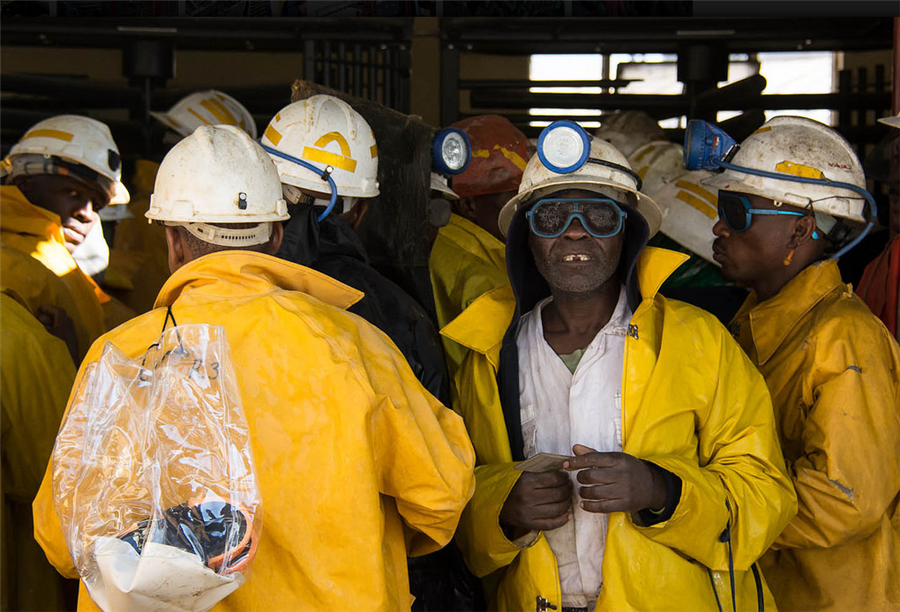South Africa’s Solidarity to challenge Sibanye lock-out

South Africa’s Solidarity said on Wednesday it would challenge a move by Sibanye-Stillwater to lock out its members as other unions began a strike at the company’s gold mines.
The National Union of Mineworkers (NUM) and the Association of Mineworkers and Construction Union (AMCU) called for a strike over wages to commence on Wednesday evening, after Solidarity broke ranks last week and accepted Sibanye’s final offer of a 5% annual pay increase.
Solidarity said in a statement its members had nevertheless been informed they would be barred from the workplace.
“Solidarity will approach the Labour Court on an urgent basis to obtain an interdict against the lock-out,” it added.
Sibanye said it issued lock-out notices to all union members as it had been negotiating with a coalition of unions.
“We are taking this action to bring a resolution to the dispute which will require a majority decision from the coalition members,” a spokesperson said, adding that Sibanye would defend itself against Solidarity’s court action.
AMCU, NUM, Solidarity and UASA were negotiating as a coalition for the first time, but the status of that coalition is unclear after Solidarity split from the rest last week.
The coalition was “doomed to failure from the beginning” and some parts of the unions do not support a strike, Sibanye CEO Neal Froneman told Reuters last week.
Members of NUM and UASA backed a strike by 5,084 votes to 3,082 votes in a secret ballot on March 1, according to South Africa’s Commission for Conciliation, Mediation and Arbitration (CCMA), which mediates industrial disputes.
AMCU was not part of the secret ballot, instead conducting a vote by show of hands, the CCMA said.
Solidarity deputy general secretary Riaan Visser said the lock-out meant the union’s members could go without pay.
Sibanye said on Tuesday it would not raise its wage offer but would take steps to protect employees and company assets in the event of a strike.
The strike is likely to disrupt operations at Sibanye’s mines at a time when the gold price is surging.
Sibanye’s share price was down 4.2% at 1000 GMT on the Johannesburg Stock Exchange.
(By Nelson Banya; Editing by Helen Reid, Kim Coghill, Simon Cameron-Moore and Alexander Smith)
{{ commodity.name }}
{{ post.title }}
{{ post.date }}




Comments